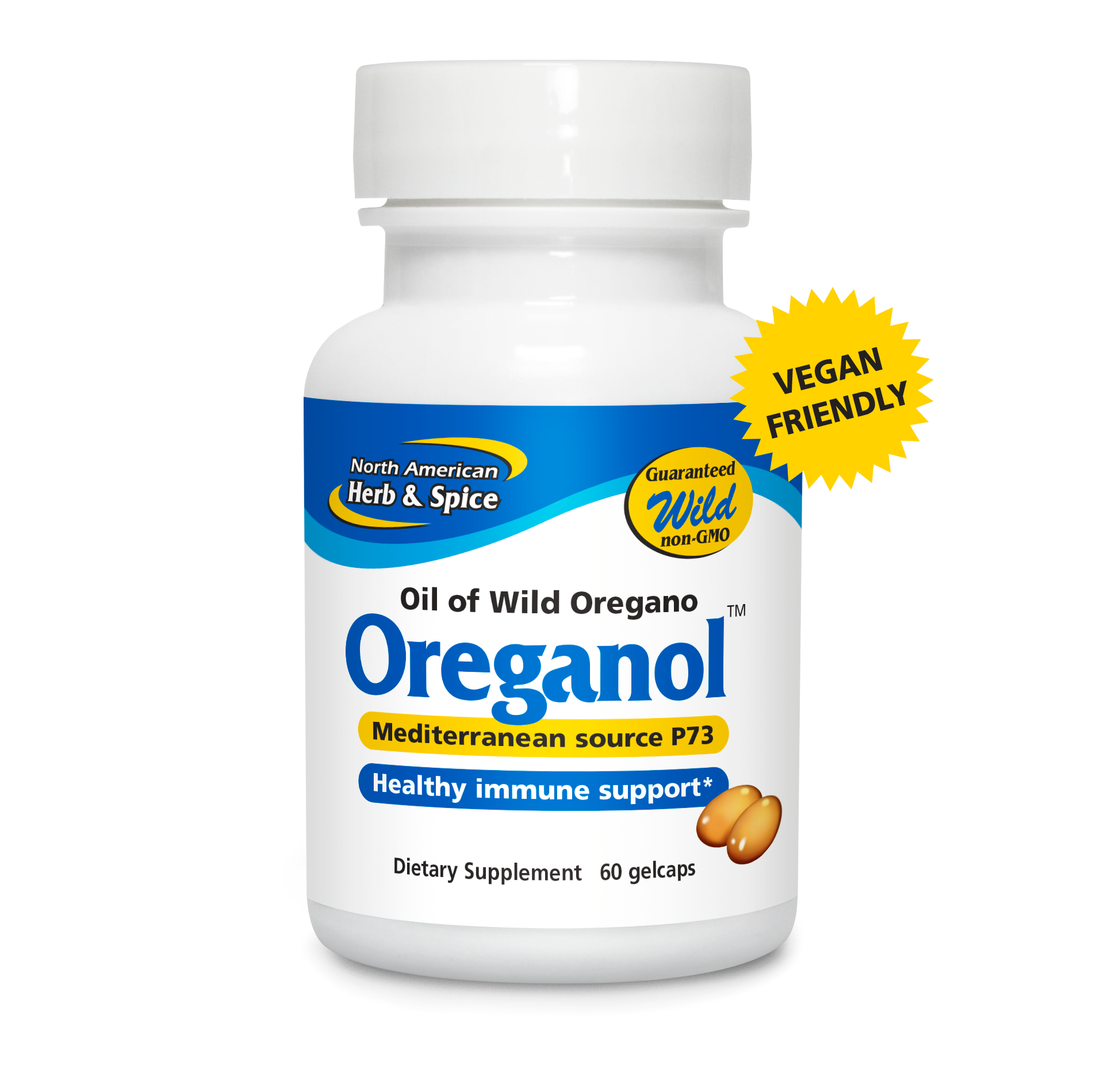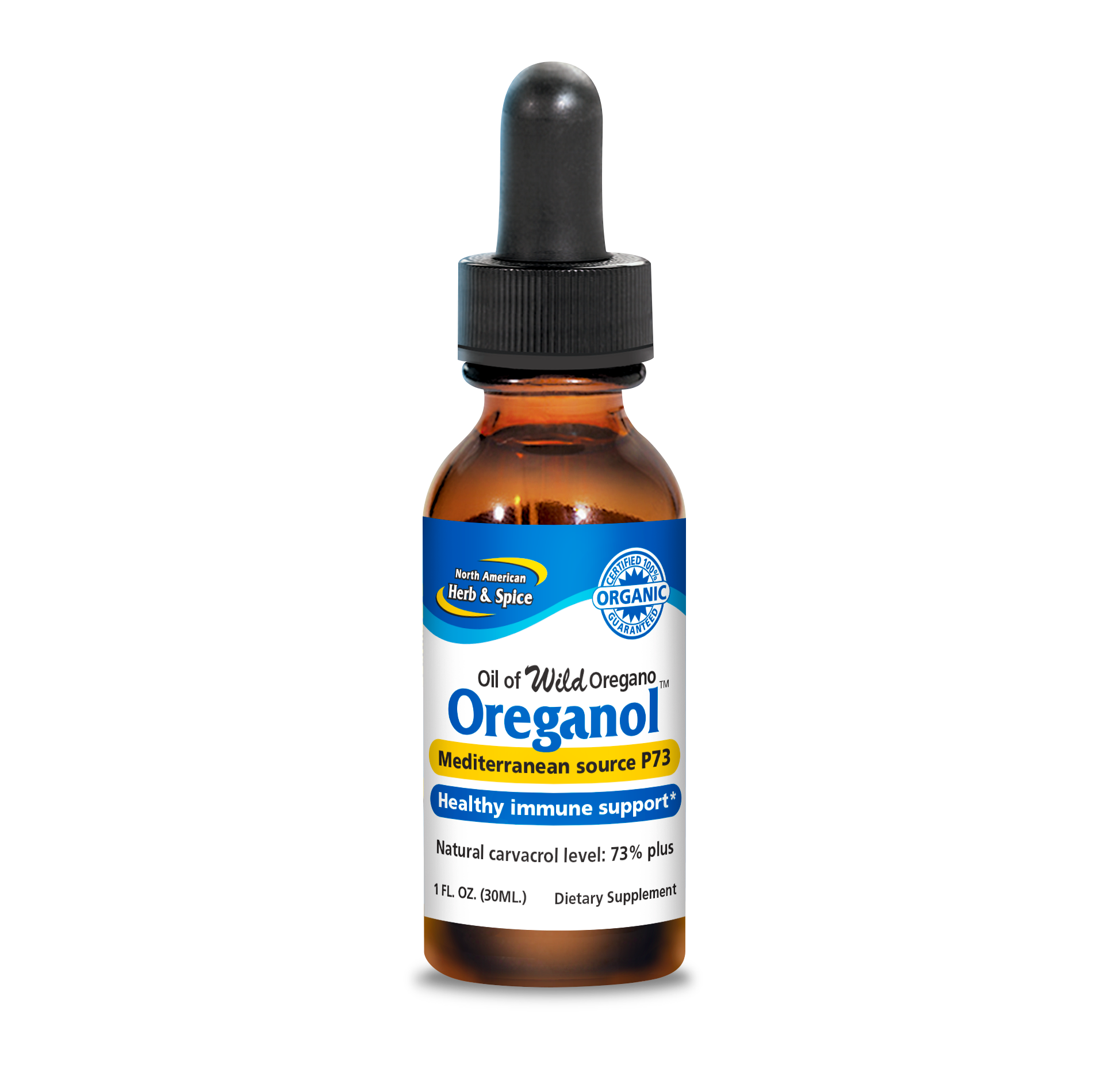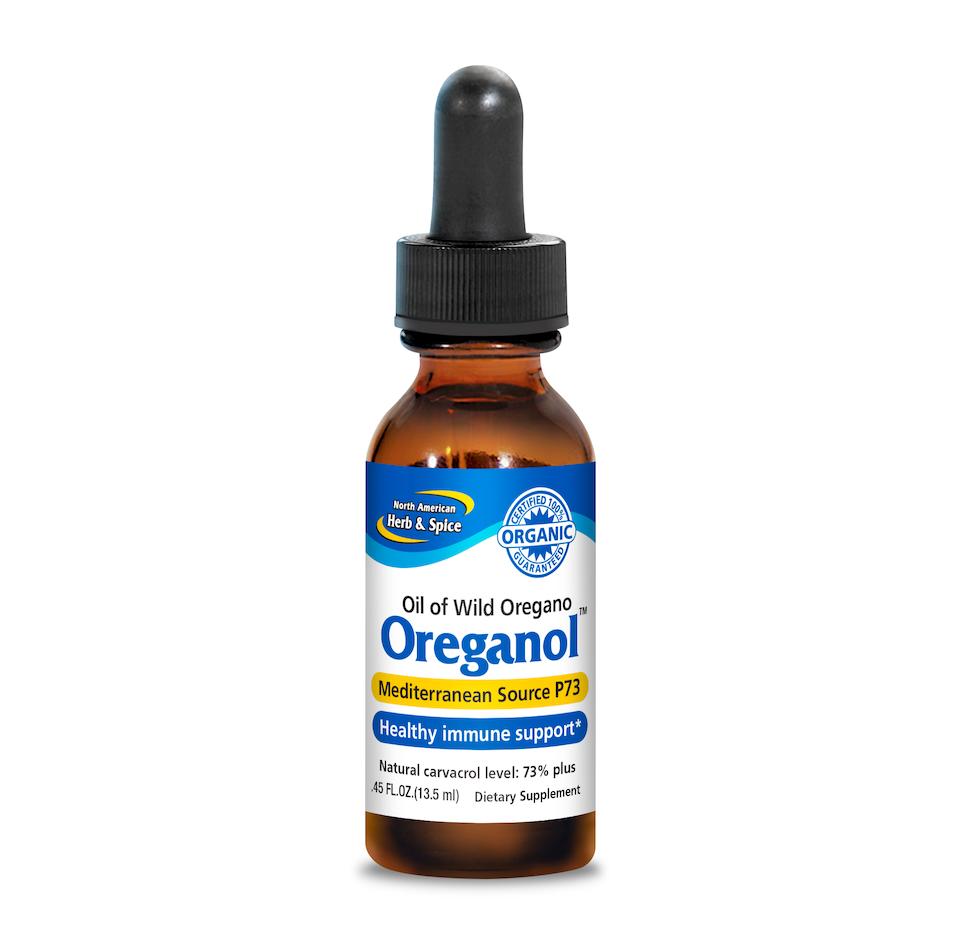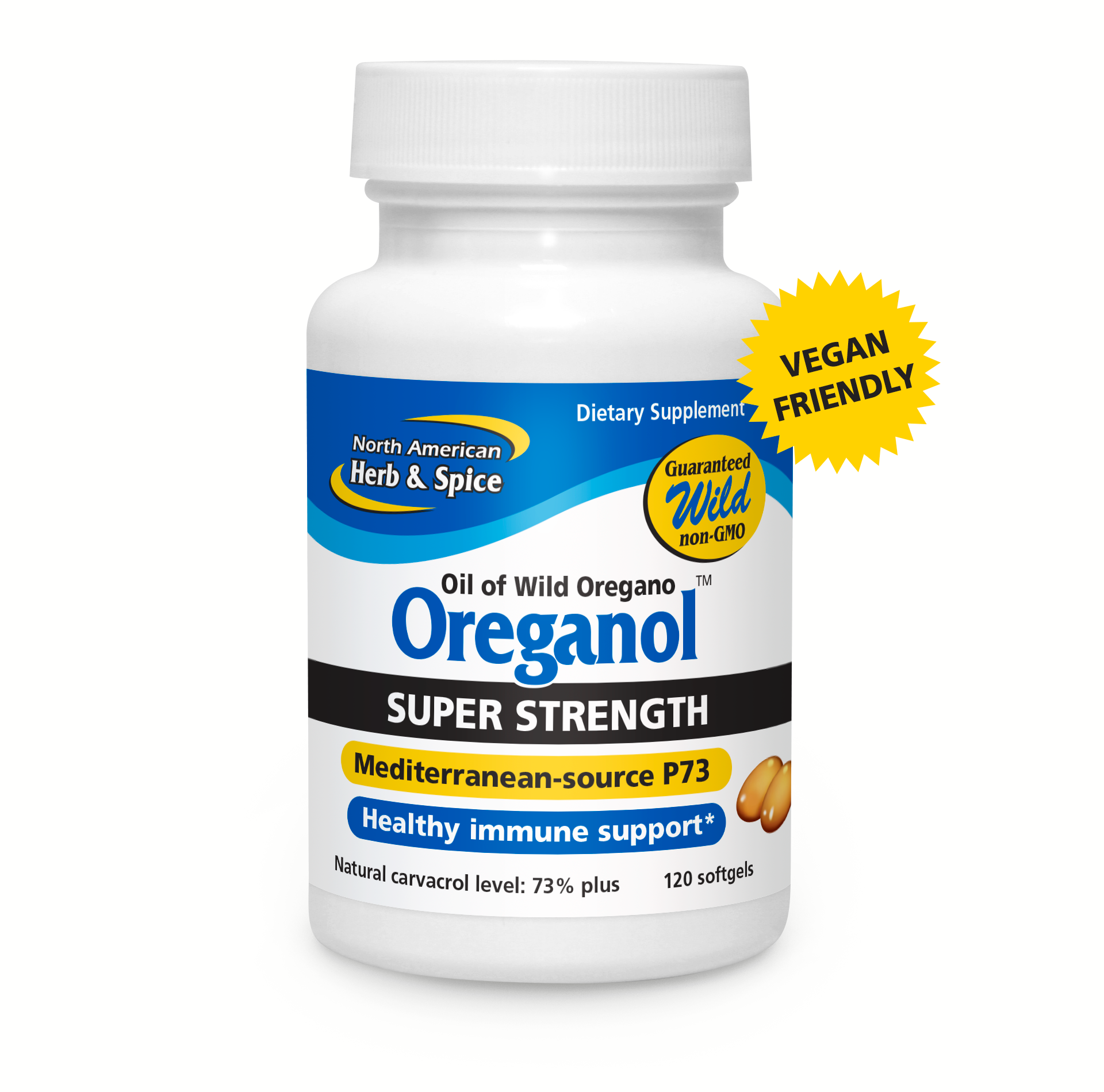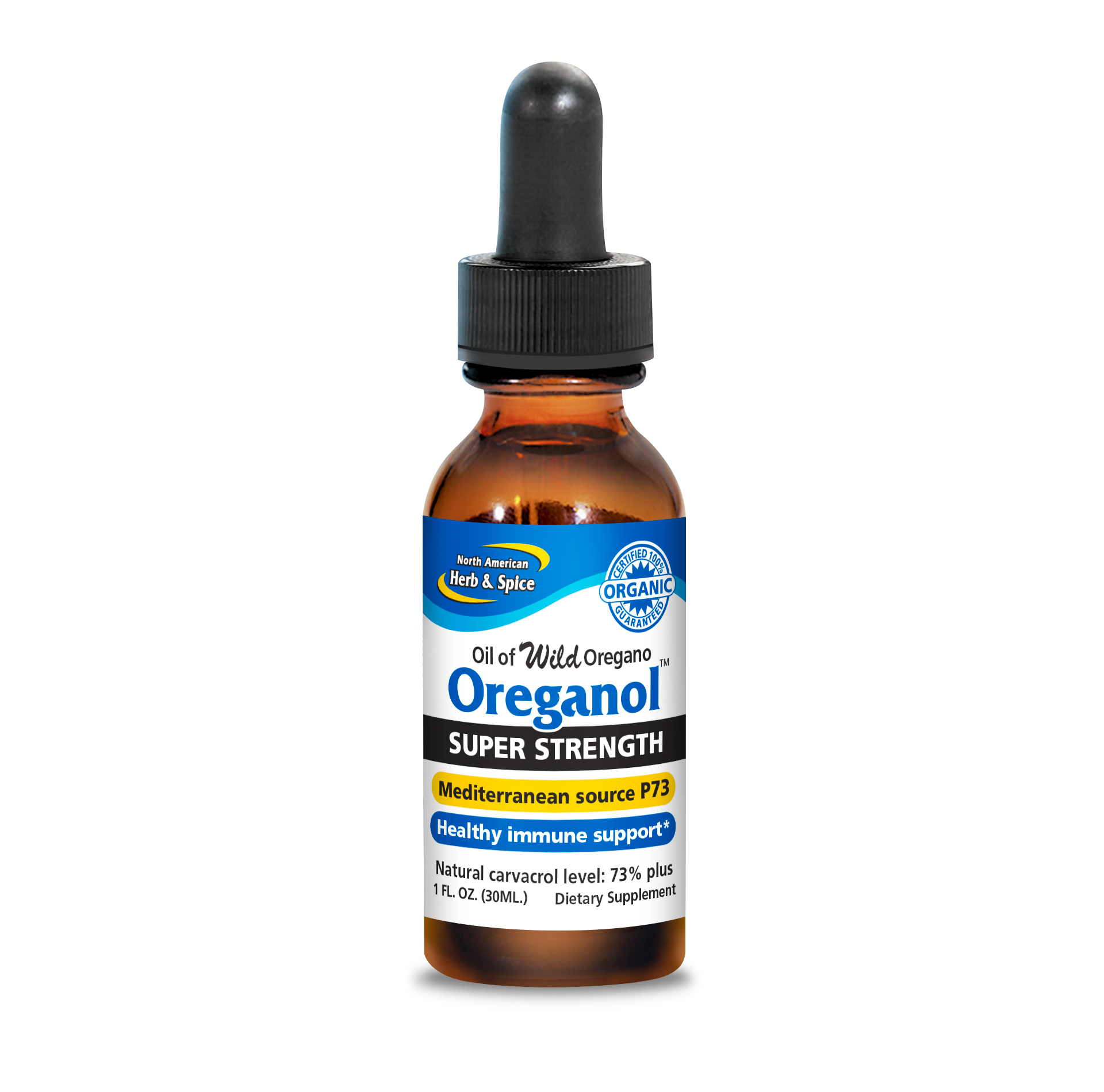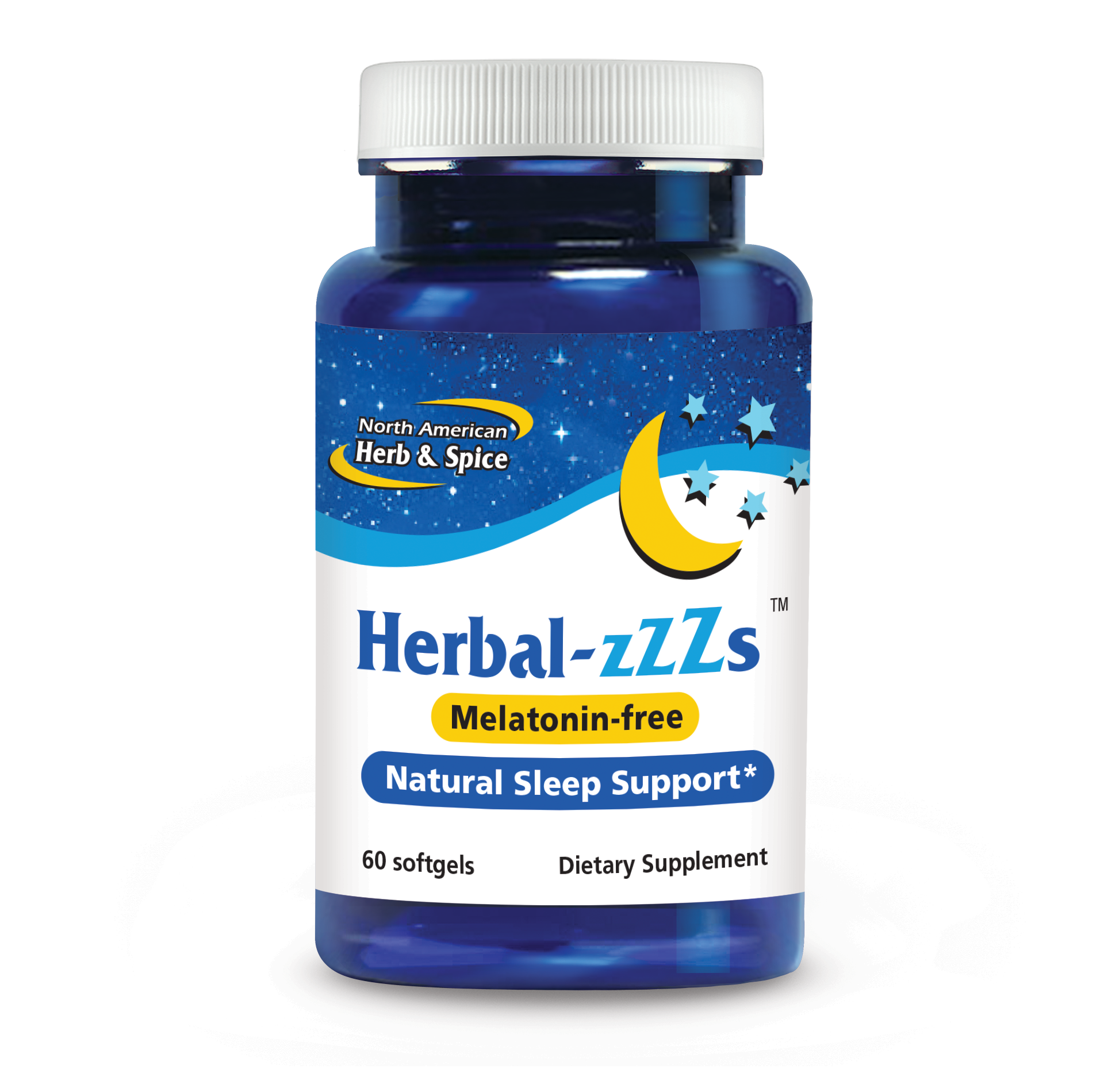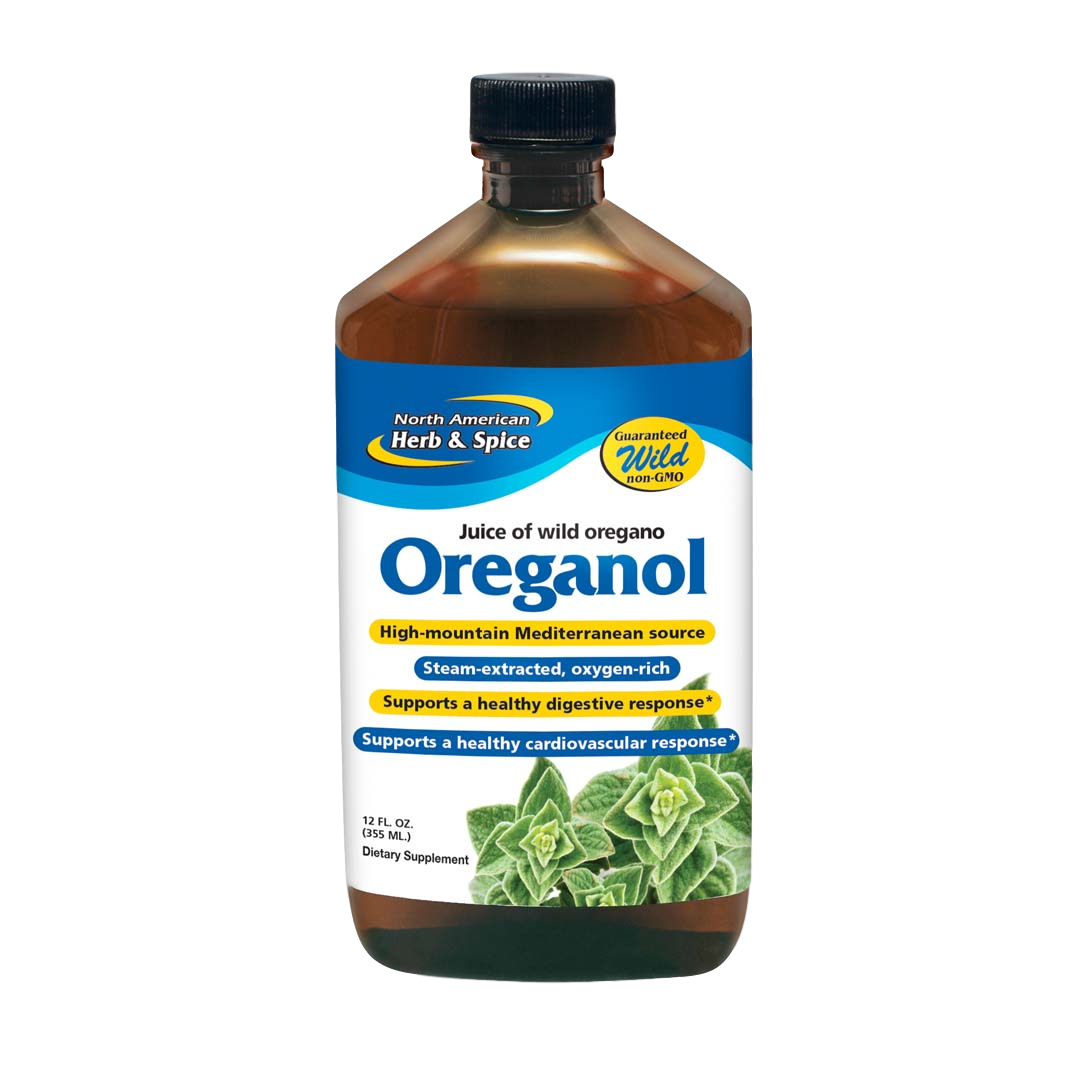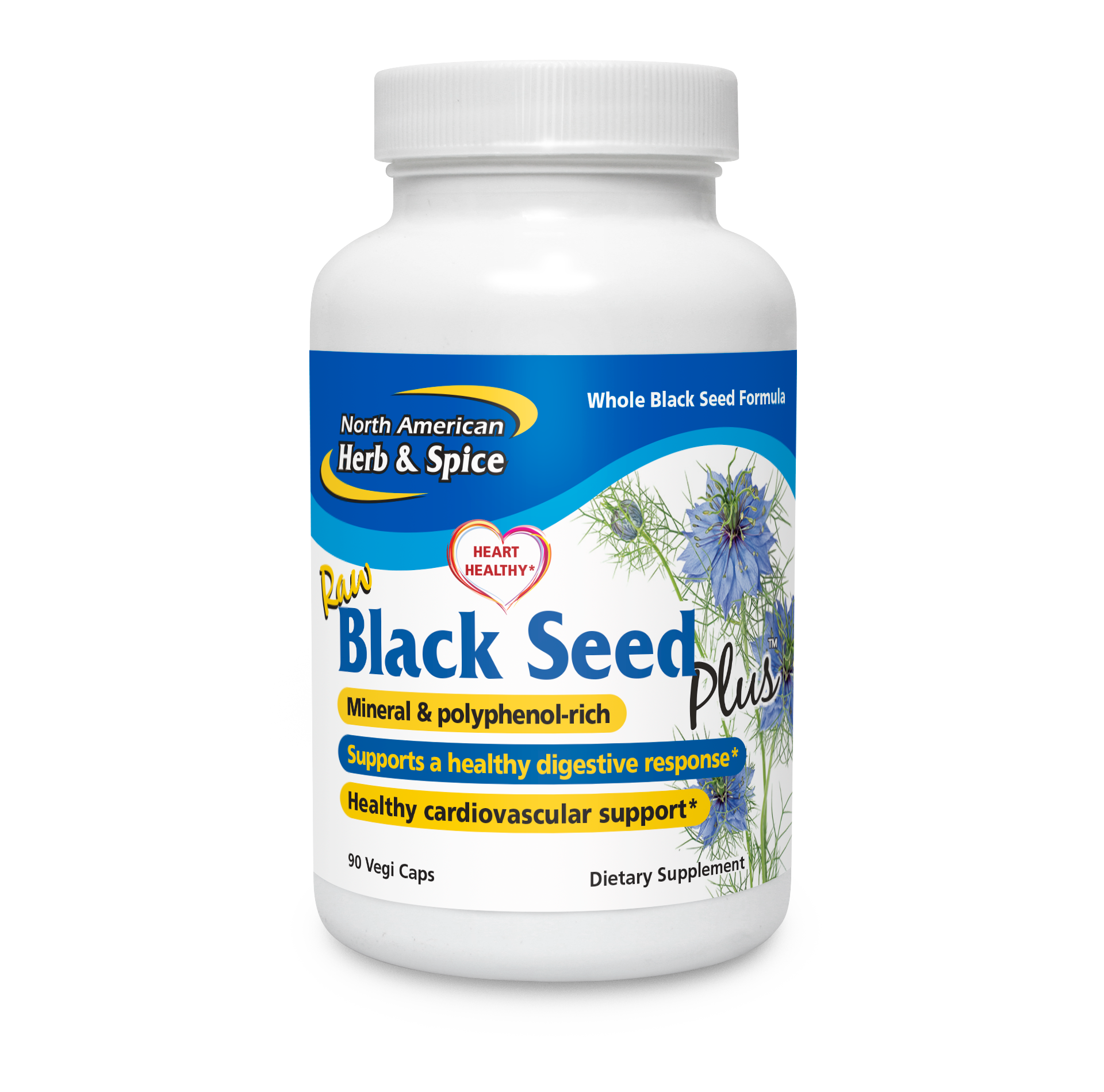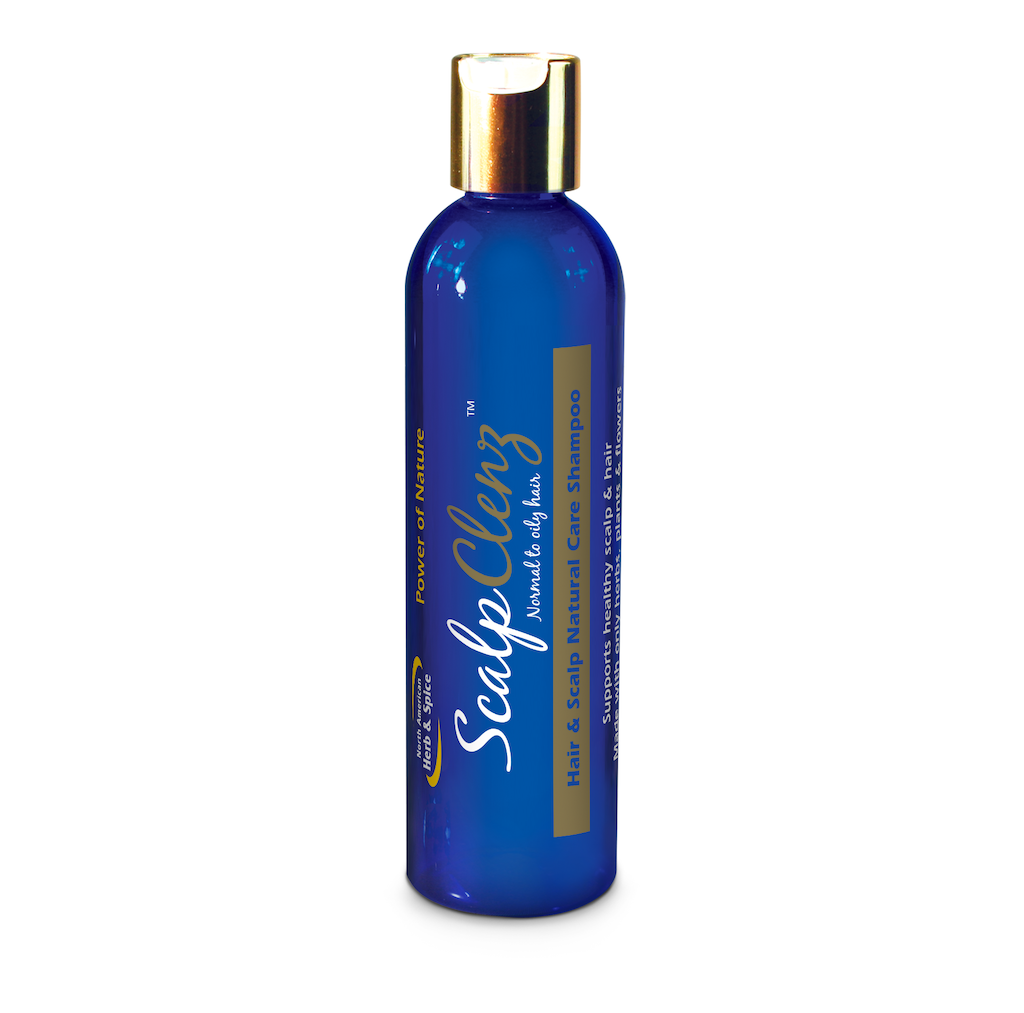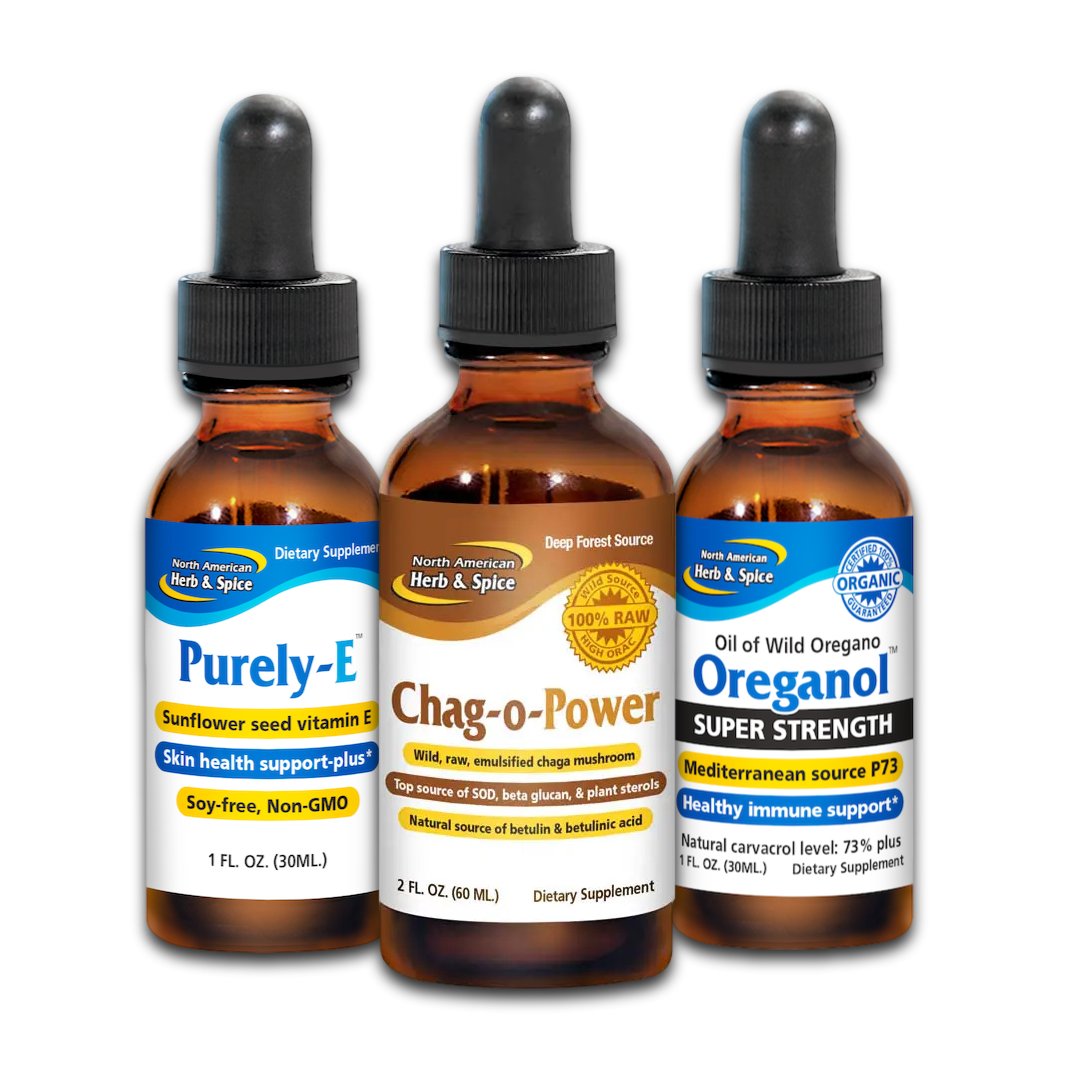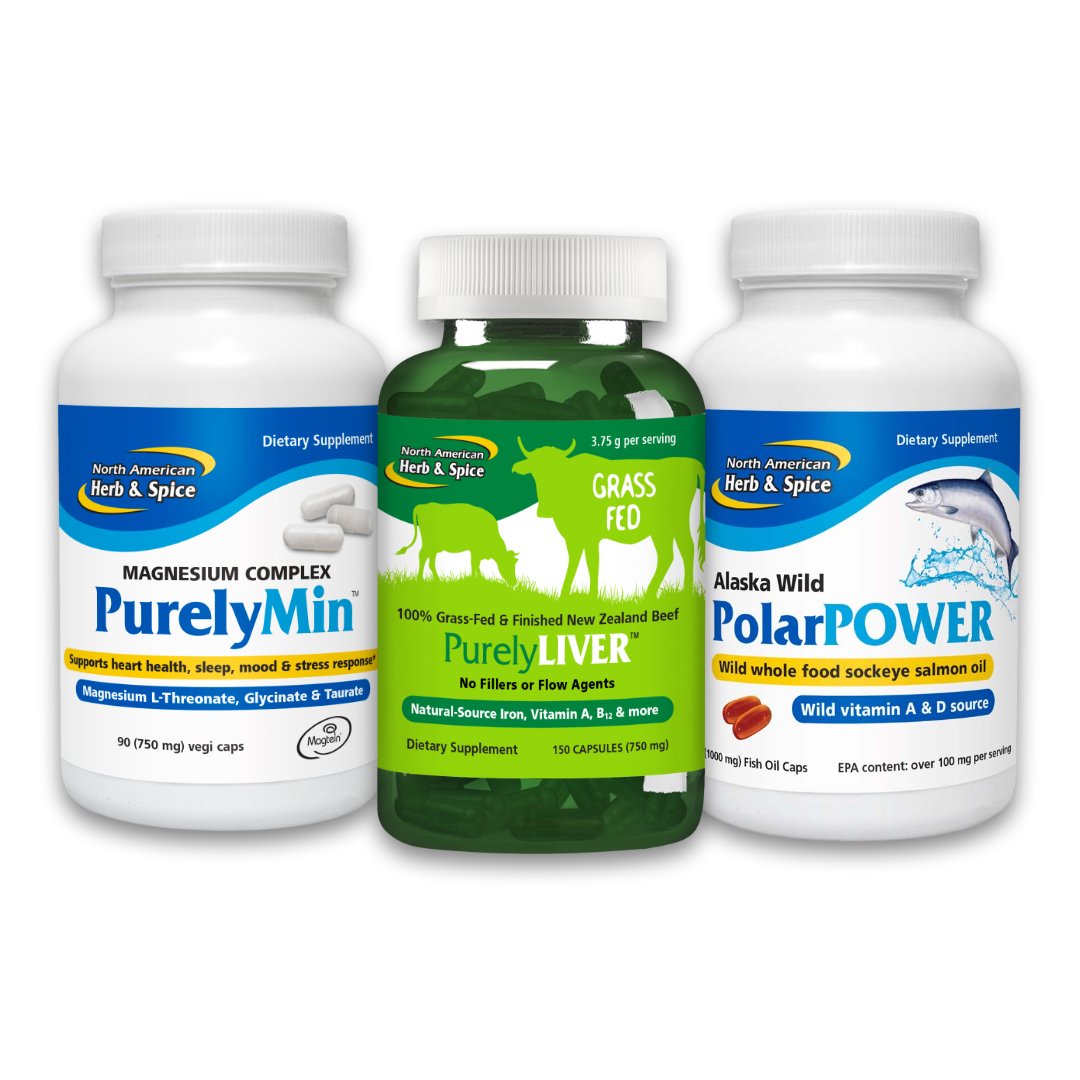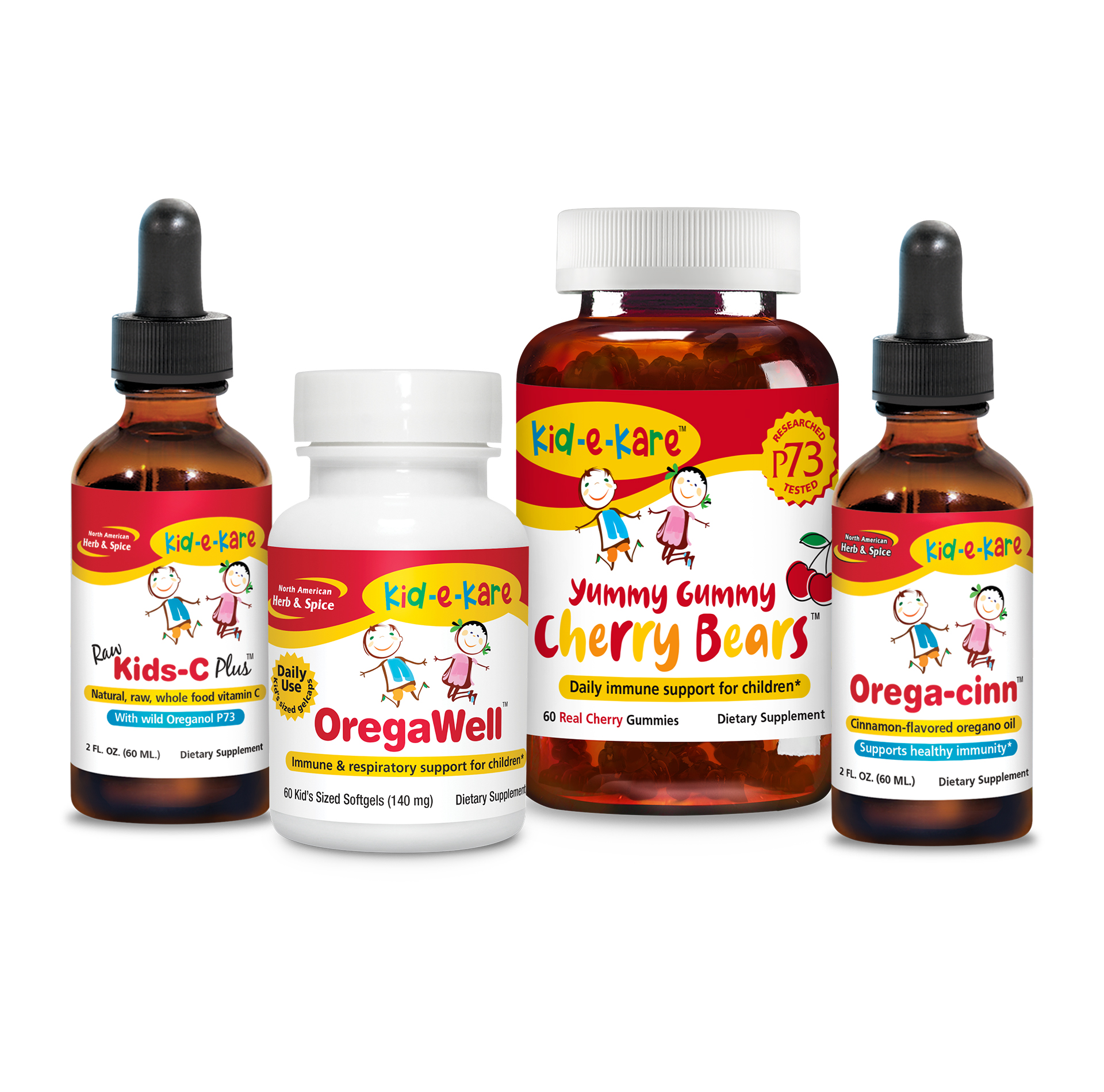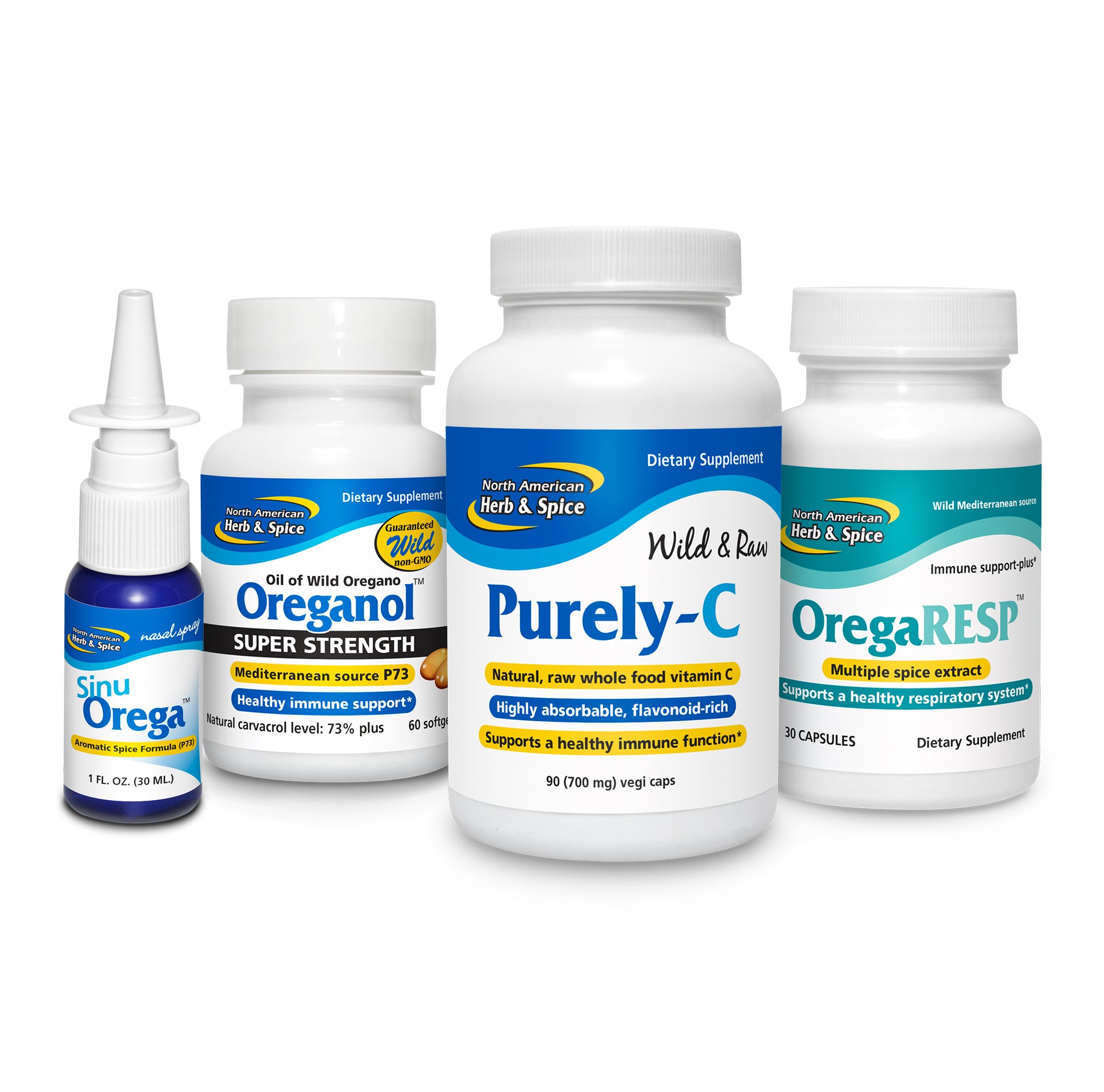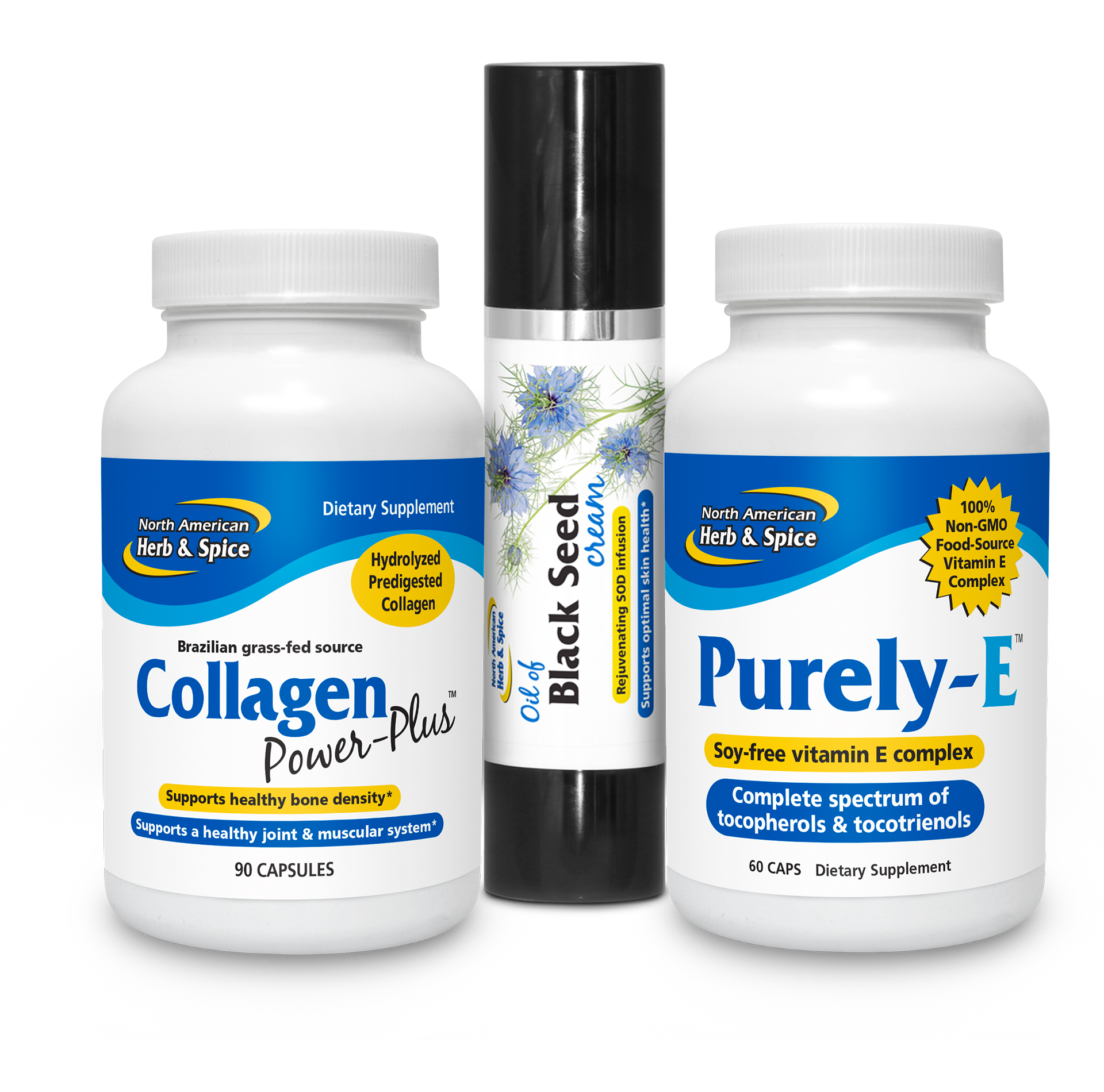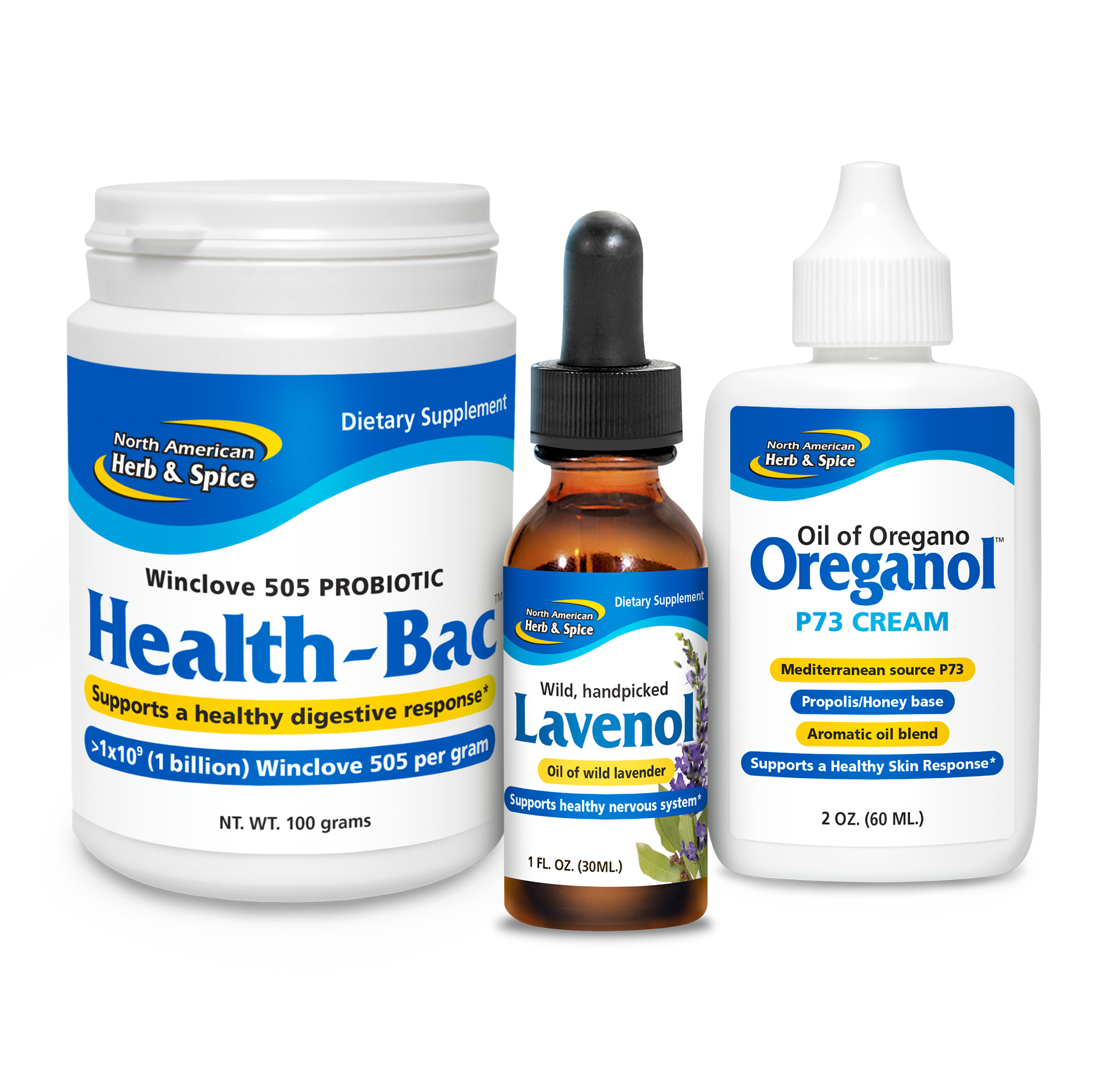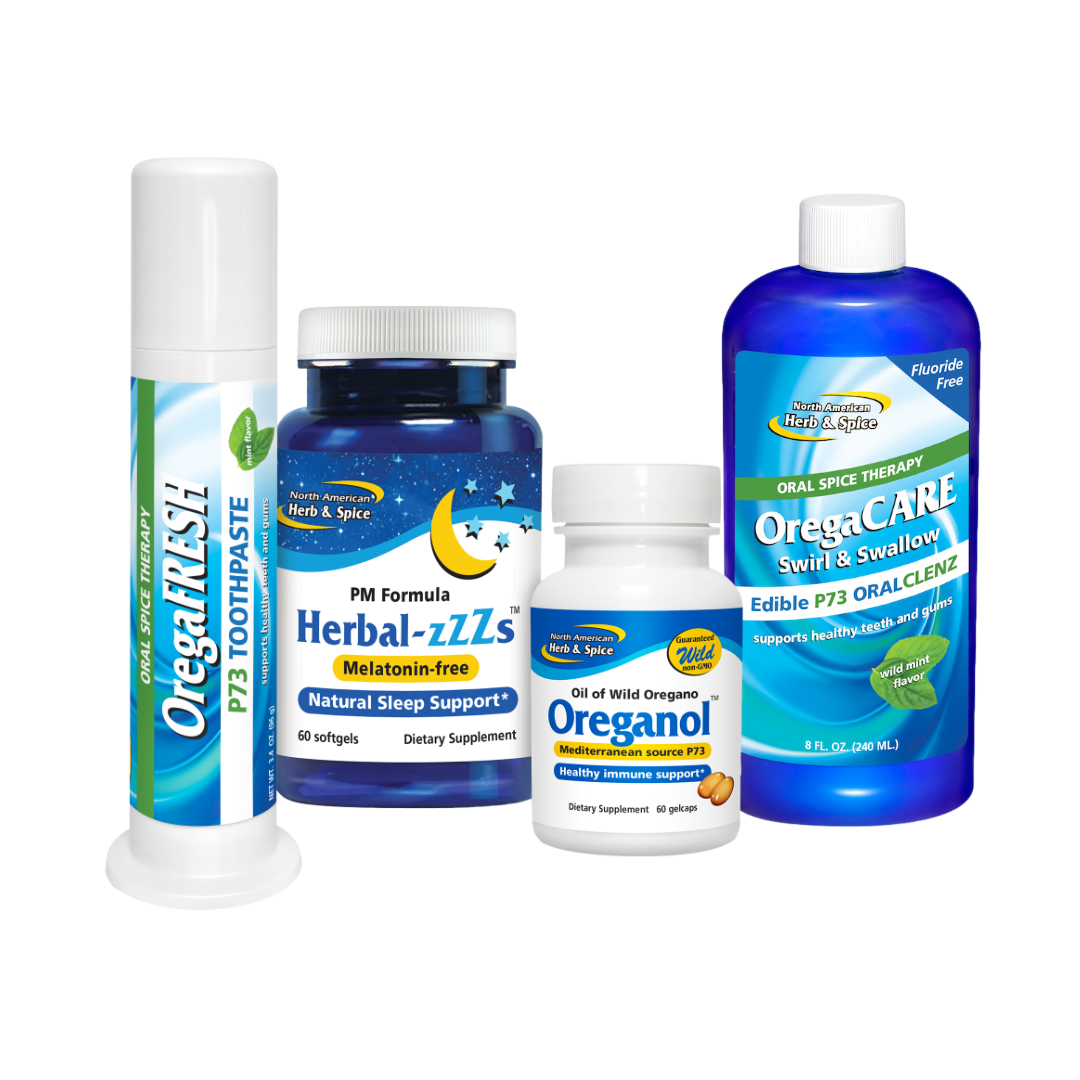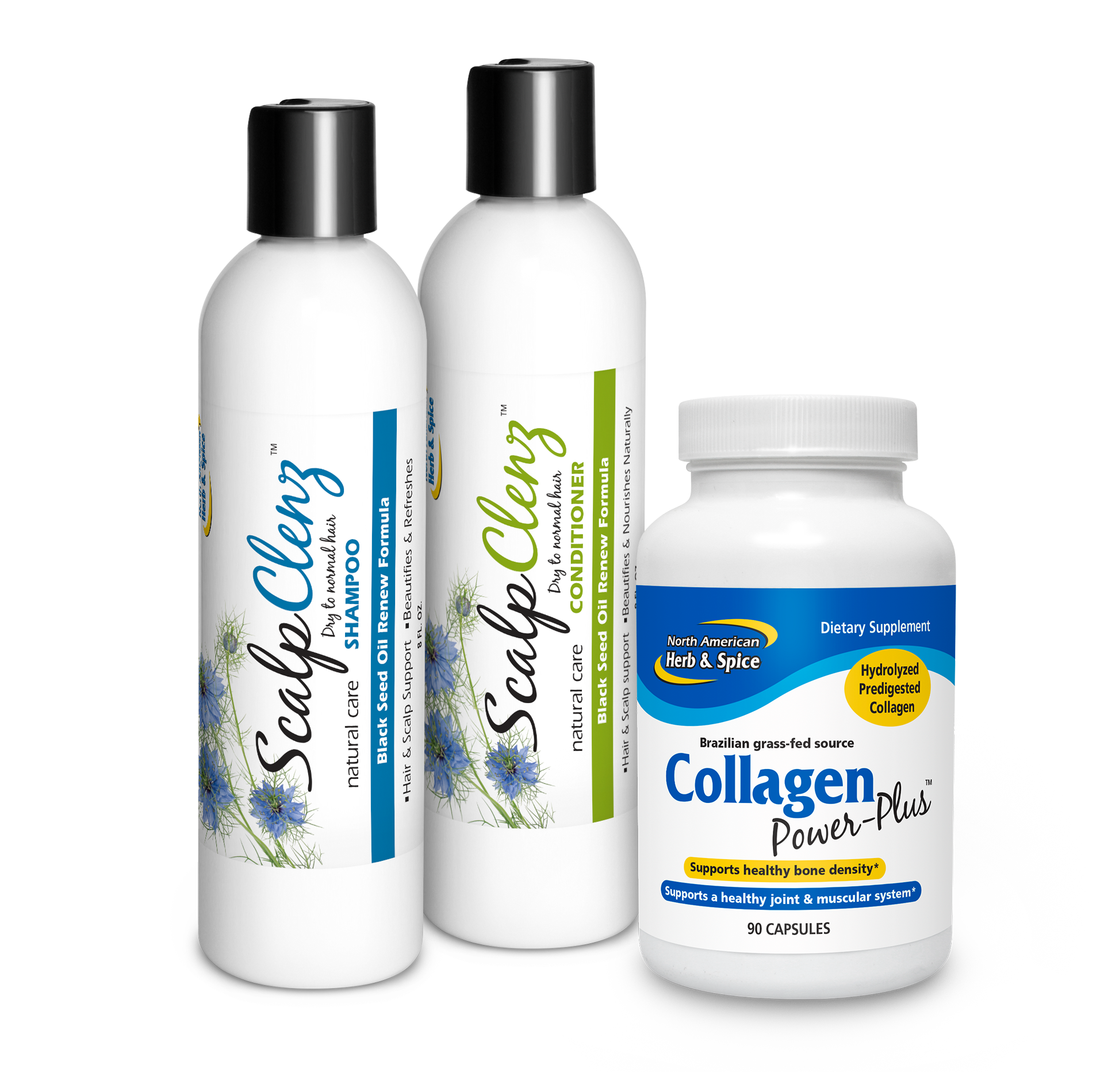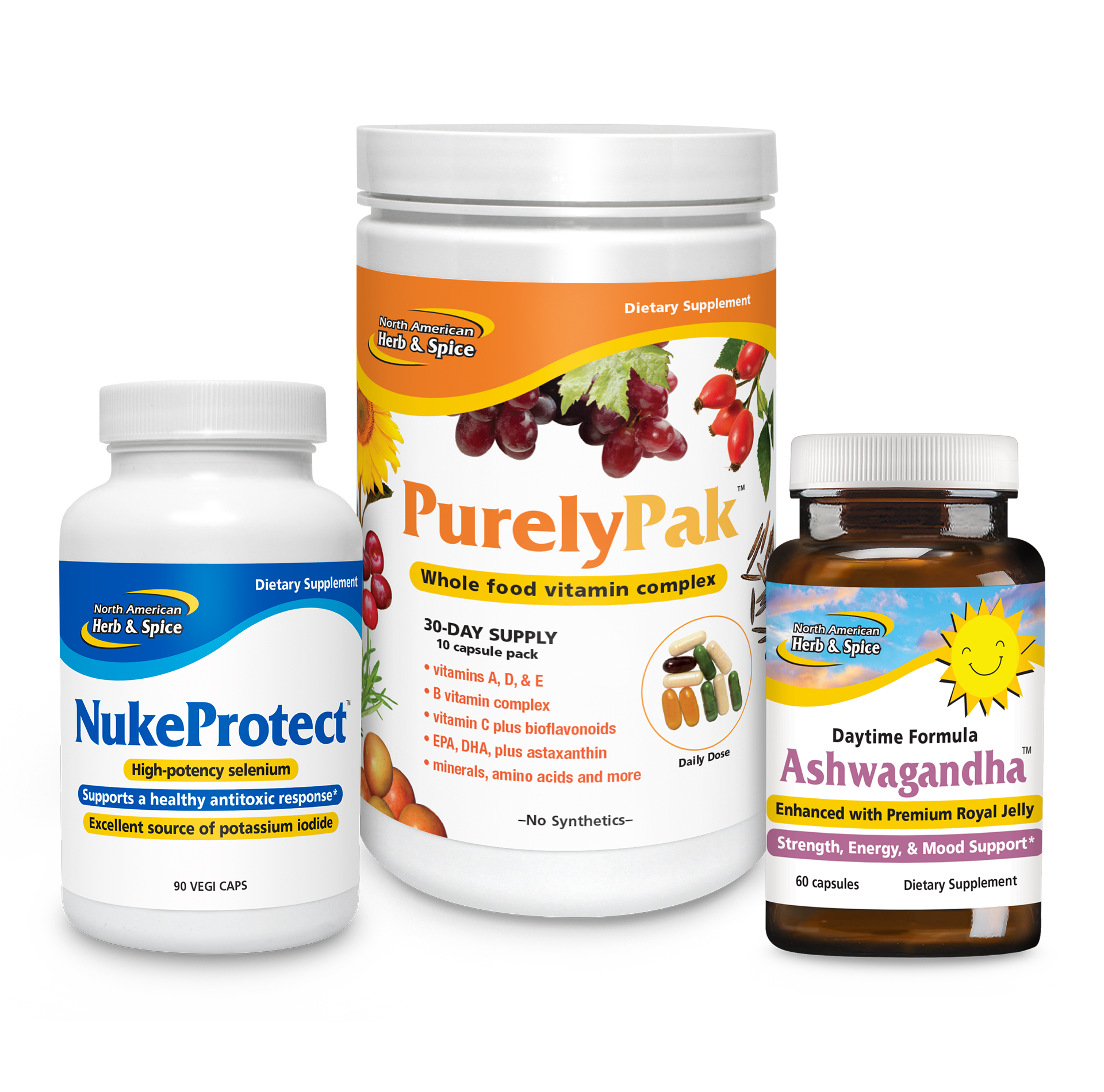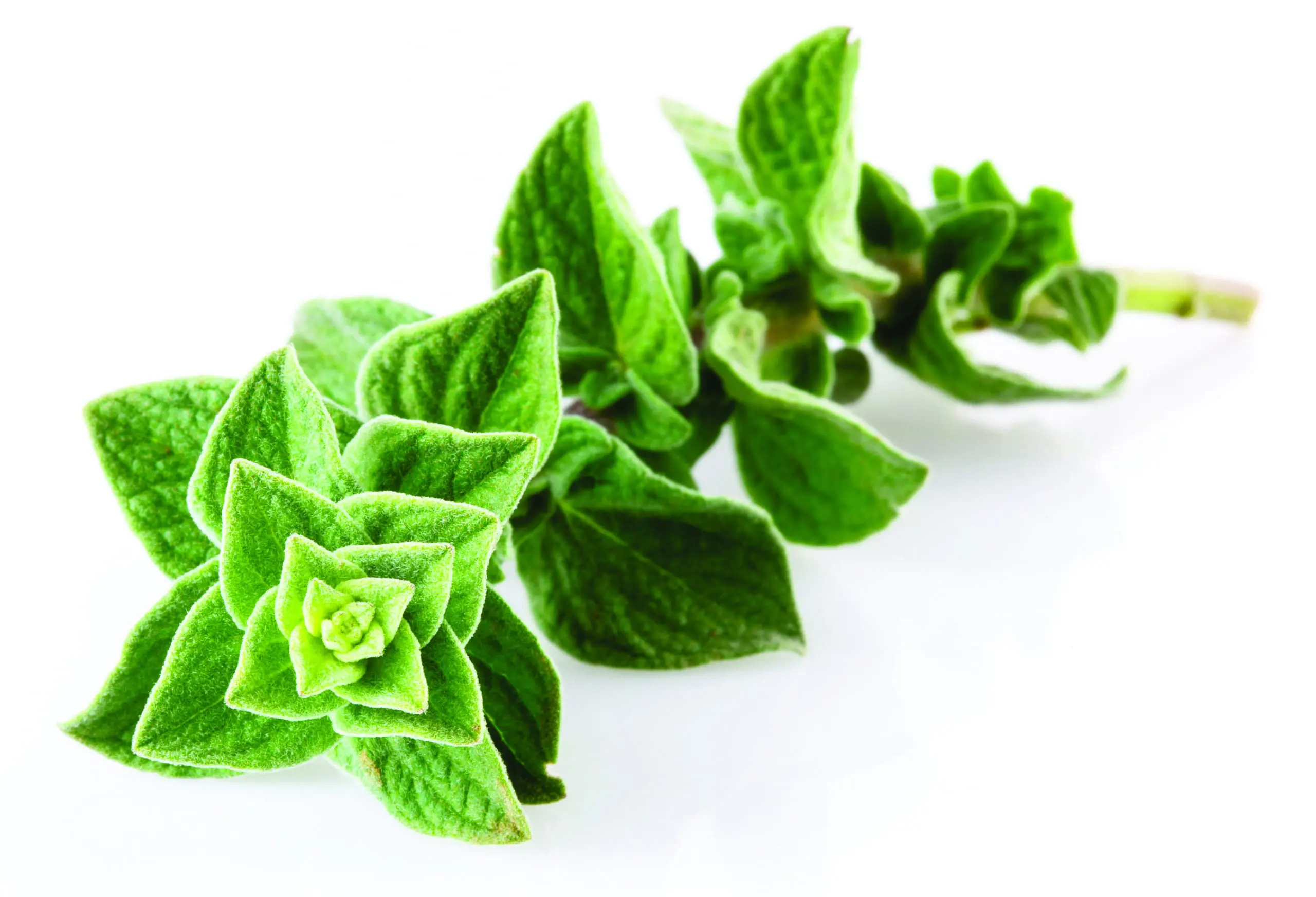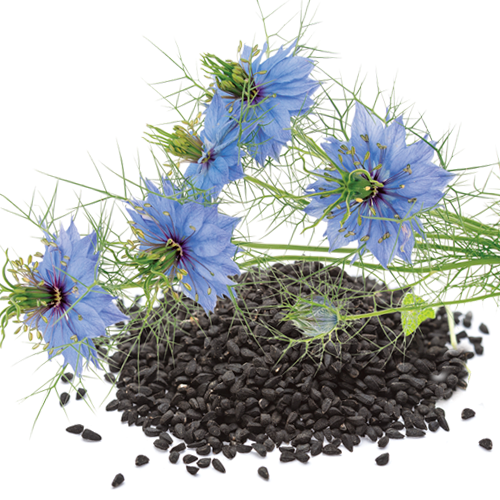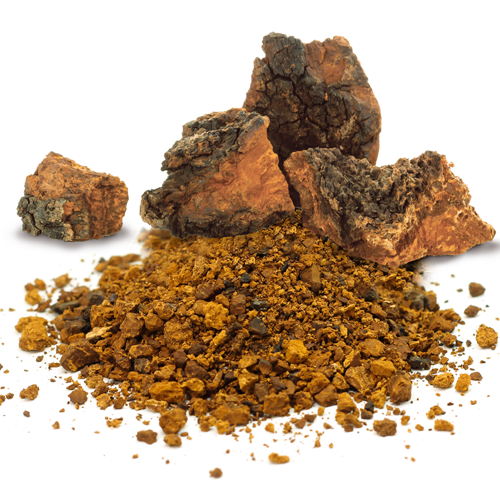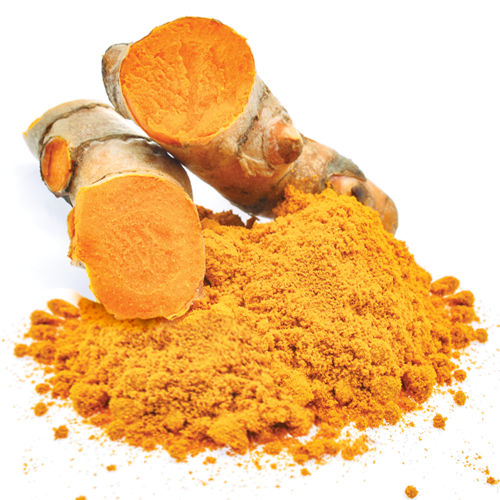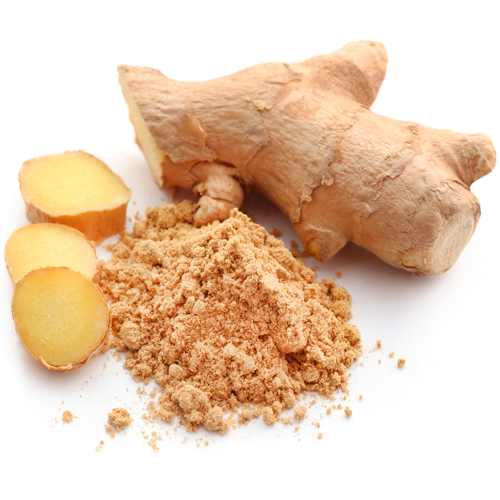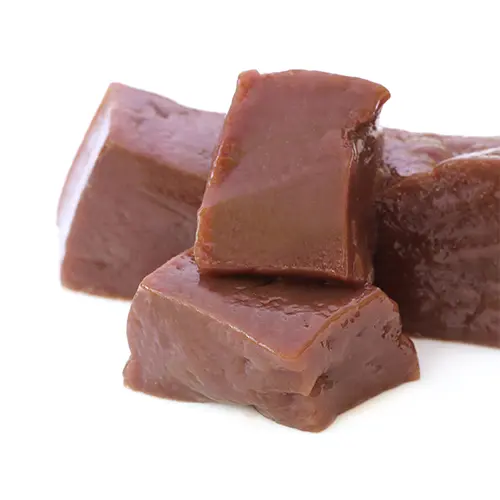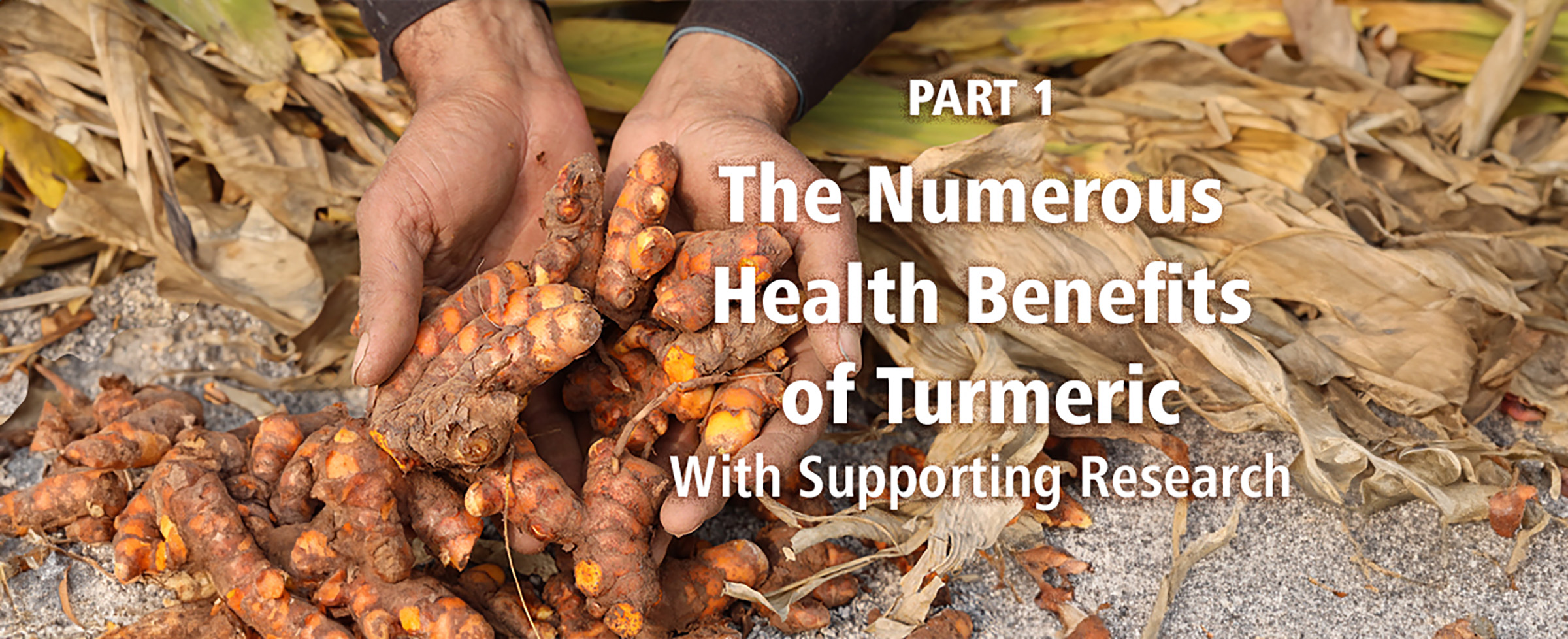

The supplement industry is riddled with hidden dangers. While the FDA does not regulate dietary supplements in the same way as pharmaceuticals, it does allow over 3,000 additives to be used in these products. Many of these ingredients are unnecessary fillers, flow agents, and preservatives that pose risks to human health. Titanium dioxide, for example, was recently banned in the European Union due to concerns over its potential to damage DNA, yet it remains in many U.S. supplements. As awareness grows, more consumers are demanding cleaner, safer formulas. Here are seven of the most ubiquitous toxic additives you should watch out for:
1. Silicon Dioxide
Silicon dioxide is an anti-caking agent added to supplements to keep powders from clumping. It is produced by synthesizing silica from quartz or sand. While it is generally recognized as safe (GRAS) by the FDA, concerns exist over the potential for nanoparticle contamination, which may lead to inflammation and cellular damage in the body. Some studies indicate that prolonged exposure to nanoparticles can disrupt gut health and immune function.
Known side effects: 1. Respiratory effects1 2. Gastrointestinal effects2 3. Neurological effects3 4. Eye irritation4
References: https://archive.epa.gov/pesticides/reregistration/web/pdf/4081fact.pdf1
https://medicine.healthsci.mcmaster2
https://pmc.ncbi.nlm.nih.gov/articles/PMC8675786/hippocampus3
2. Citric Acid
Citric acid—though naturally occurring in citrus fruits—is often commercially made through fermentation using Aspergillus niger, a mold strain. Pfizer started to produce citric acid from Aspergillus niger (mold) in 1919, and this method is still used today across the world, particularly in China, where the majority of citric acid is manufactured. Some individuals experience allergic reactions, increased inflammation, and digestive distress, especially from these synthetic versions, which make up the lion's share of citric acid used in food/supplement products.
Side effects: 1. Skin Irritation6 2. Eye pain6 3. Damage to tooth enamel6 4. Upset stomach6 5. Joint/Muscle pain6 6. Shortness of breath6 7. Increased Inflammation6
References: https://pmc.ncbi.nlm.nih.gov/articles/PMC6097542/ 6
3. Croscarmellose Sodium
Croscarmellose sodium is a super-disintegrant and synthetic polymer used to help tablets break apart quickly for faster absorption. It is synthesized through chemical modification of wood pulp or cotton. Its highly processed nature raises concerns. Some studies link it to gut irritation, bloating, and potential long-term effects on gut microbiota.
Side Effects: 1. Allergic reactions7 2. Upset stomach8 3. Shortness of breath/cough7 4. Skin irritation8
References: https://remedysnutrition.com/blogs/news/18289407-additives-to-avoid7
https://www.parchem.com/siteimages/attachment/croscarmellosesodium8
4. Maltodextrin
Maltodextrin is a processed carbohydrate added to supplements as a filler, thickener, or preservative. The majority is derived from genetically modified corn. It has a higher glycemic index than table sugar, meaning it spikes blood sugar levels, which can be problematic for people with diabetes or insulin resistance. Additionally, maltodextrin has been shown to alter gut bacteria, potentially leading to digestive issues and weakened immune function.
Side Effects: 1. Blood sugar spikes9 2. Bloating, gas, constipation9 3. Weight gain9 4. Sticks to teeth and can cause bacterial growth9
References: www.medicalnewstoday.com/articles/322426#safety-and-side-effects9
5. Soy Lecithin
Soy lecithin is an emulsifier used to blend ingredients and improve texture. It is extracted from soybean oil, typically from genetically modified (GMO) crops, and may contain residual solvents as well as pesticides from processing. Soy lecithin has been linked to hormonal disruption due to its potential estrogenic effects. Furthermore, individuals with soy allergies or sensitivities may experience inflammatory reactions.
Side Effects: 1. Diarrhea, nausea, stomach pain10 2. Allergic reactions10 3. DNA altering10 4. Hormonal Disruption10
References: www.tandfonline.com/doi/full/10.1080/1547691X.2020.180449210
6. Microcrystalline Cellulose
Microcrystalline cellulose is a bulking agent and texturizer derived from wood pulp. While considered safe, excessive consumption has been associated with digestive issues, bloating, and interference with nutrient absorption. Additionally, because it is chemically processed, concerns exist about its impact on gut health and microbiome balance.
Side Effects: 1. Interferes with nutrient absorption11 2. Skin rash12 3. Abdominal pain, constipation12 4. Difficulty breathing, lung inflammation13
References: https://www.sciencedirect.com/science/article/abs/pii/S014486172200742111
https://www.wyndly.com/blogs/learn/cellulose-allergy12
https://www.sciencedirect.com/science/article/abs/pii/S156990480800220613
7. Magnesium Stearate, Vegetable Stearate, & Stearic Acid
These compounds are used as lubricants to prevent supplement ingredients from sticking to manufacturing equipment. What is very misleading here with magnesium stearate is that is resembles a harmless nutrient but it is more of a food chemical, because of the processing. The fine white powder is greasy to the touch. While often marketed as harmless, some research suggests it may inhibit nutrient absorption by forming a biofilm in the intestines. Additionally, vegetable stearates often contain harmful residues from hydrogenated (high-heat) oils and processing. Companies do not disclaim which vegetable oils are being used, whether they are GMO or otherwise.
Known side effects: 1. Laxative effect14 2. Bowel irritation14 3. Allergic reactions14 4. Immune System irritation14
References: https://draxe.com/nutrition/magnesium-stearate/14

Group of three young, diverse female athletes celebrate their healthy and active lifestyle in a sports studio, smiling and laughing together while wearing sporty fitness clothes.
The Misleading Nature of GRAS
The Generally Recognized as Safe (GRAS) designation is often misunderstood by consumers. While the FDA allows manufacturers to self-certify ingredients as GRAS, this process does not require independent, third-party testing or long-term safety studies. Many additives that are deemed GRAS today were evaluated decades ago using outdated research methods. Additionally, the cumulative effect of consuming multiple GRAS additives daily has not been adequately studied. This loophole enables companies to introduce new substances into the market without comprehensive safety evaluations, potentially exposing consumers to harmful long-term effects.
Our Quality & Purity Pledge to You
At North American Herb & Spice, we have never allowed any of these toxic additives into our supplements in over 30 years of operation—and we never will. We know that every ingredient matters, and we will never compromise when it comes to your health. Your trust is our top priority, and we will never betray it. That’s why you can have peace of mind with every purchase. Our #1 rule is simple: "If it doesn’t have a health benefit, you won’t find it in our formulas."
Final Thoughts
Very few supplement brands prioritize high-quality, clean ingredients, while most continue using these questionable additives. As the demand for transparency grows, some companies are reformulating to remove titanium dioxide, artificial dyes, and other controversial ingredients. To avoid toxic additives, always read labels carefully and only choose brands that emphasize pure, research-backed formulations, like us! We invite you to perform a simple Google search on these common additives and their side effects to verify the accuracy of this information for yourself. Your health is too important to leave in the hands of hidden fillers and unnecessary chemicals.
Inflammation is a natural response by the body to injury, infection, or irritation. While acute inflammation is essential for healing, chronic inflammation can contribute to various health issues, including joint discomfort, cardiovascular challenges, and metabolic imbalances. Fortunately, nature offers an array of powerful ingredients that can help support the body’s inflammatory response and promote overall well-being. This article explores the benefits of Wild Turmeric and Oregano, Ginger, Rosemary, Blackseed, Bromelain, Omega-3s, and topical camphor, providing a comprehensive strategy to manage inflammation effectively.

Understanding Inflammation
Chronic inflammation occurs when the body’s immune response is persistently activated, leading to damage in healthy tissues. It is said that inflammation can be thought of as “the root of all disease.” Think about it as a wildfire that springs up in our body. You want to be able to control this fire and put it out. Otherwise, given enough time and the right conditions, it can spread and overwhelm the ability to extinguish the flames. Factors such as diet, stress, environmental toxins, and insufficient physical activity can exacerbate this condition. Addressing inflammation holistically involves dietary choices, supplementation, and lifestyle practices that reduce stress on the body.
Ingredients for Inflammation Support
1. Wild Turmeric
Wild Turmeric is a standout due to its active compounds, curcuminoids, and turmerones. Curcumin, and to a lesser degree, turmerones, have been studied for their ability to support a healthy inflammatory response to inflammation factors and oxidative stress.*1 It is particularly beneficial for joint health and a balanced immune response.*1 Learn more here.1
2. Ginger
Ginger has been used for centuries as a natural remedy for inflammation and pain.2 Its bioactive compounds, such as gingerol, are known to support a healthy inflammatory response and for its soothing actions on the stomach.*2 It is one of the most recognized and well-tolerated spices on the Earth, a staple in most cultures. Read about its effects.2
3. Wild Oregano
Rich in powerful plant compounds like carvacrol and thymol, Wild Oregano is a potent herb with extremely high amount of antioxidants, an important factor in supporting the body’s inflammation response.*3 The great thing about wild oregano is the benefits can be enjoyed topically as well. Many users of this Mediterranean herb experience soothing effects from rubbing the oil on their hands, feet, spine, and shins for example.*3 Oregano oil supports healthy circulation, encouraging normal blood flow, another helpful factor.*3 Discover the research.3
4. Rosemary
Rosemary contains rosmarinic acid, a compound that supports the immune system and the body’s inflammatory response, simultaneously.*4 It can be used topically. It has been shown to support joint health, muscle function, and circulation.*4 It is important to note that Rosemary is well-known for its neurological health benefits.*4 Therefore it can be useful for supporting a healthy inflammation response in the brain.*4 See the studies.4
5. Blackseed Oil
Blackseed, or Nigella sativa, is celebrated for its powerful antioxidant properties and another ideal tool for supporting the body’s inflammatory response.*5 Black Seed oil doesn’t stop there. It will also support healthy immune, heart, digestive, and respiratory functions.*5 Thymoquinone in Black Seed has been indicated as one of the responsible compounds for these beneficial effects in the published research. Learn more.5
6. Bromelain
Bromelain is an enzyme found in pineapples, especially concentrated in the core of the fruit. There are thousands of studies to back up its use for healthy inflammatory support.*6 It’s particularly helpful with swelling and discomfort associated with injuries or surgeries, according to the research.*6 Bromelain also supports optimal gut function, which is closely linked to overall inflammation levels and health.*6 Explore the science.6
7. Omega-3 Fatty Acids
Omega-3s, found in fatty fish, flaxseeds, and walnuts, are essential for managing inflammation.*7 The best-absorbed forms come from animal sources, like wild-caught salmon, because they offer DHA and EPA, critical fatty acids that help metabolize omega 3s in the body. DHA and EPA from Omega 3s are paramount for brain health, from early development to old age.*7 They help balance the production of pro-inflammatory molecules and support cardiovascular, brain, and joint health, according to the research.*7 Check out the research.7
8. Topical Camphor
Camphor is a natural remedy applied externally to support the body’s response to pain and inflammation.*8 Its cooling sensation on the nerve endings provides temporary relief for sore muscles and joints while increasing circulation to affected areas.*8 Read more about it.8
9. Magnesium
This master mineral is essential for your body’s healthy response to inflammation.*9 It is a standout for supporting brain, muscle, heart, and bone function.*9 Afterall, magnesium is a necessary cofactor in over 600 biochemical processes in the body!*9 It is essential for normal muscle contraction, which is why people experience more cramping when they aren't getting enough in their diet.*9 This issue is all too common, with more than 50% of people in the United States deficient in this critical nutrient.*9 For ages 60+ the number of deficiencies in the population can be higher. Magnesium also supports a healthy blood pressure response, because of its relaxation effects on the heart muscle.*9 See the Research.9
Creating Your Inflammation Support Plan
Integrating these health tips into your daily routine can help you take the benefits even further.

Incorporate The Right Foods
- Cook with coconut oil, beef tallow, grassfed butter, or 100% avocado oil only.
- Use Omega-3-rich foods like wild salmon, chia seeds, fresh organic fruit, and avocados daily.
- Reduce sugar intake and the amount of carbohydrates you eat. Increase your protein intake.

Consider Supplementation
- High-quality supplements containing Blackseed, Bromelain, and Omega-3s can provide concentrated doses that are much higher than what you would have in the diet.
- Look for trusted brands with third-party testing to ensure purity and potency, like North American Herb & Spice!

Use Topical Camphor and Wild Oregano
- Apply camphor-based creams or oregano oil to sore muscles and joints as needed for quick soothing action.

Prioritize a Balanced Lifestyle
- Stay Active: Regular exercise supports circulation and reduces systemic inflammation.
- Manage Stress: Practices like meditation, prayer, and deep breathing can lower stress-induced inflammation.
- Get Quality Sleep: Rest is crucial for recovery and reducing inflammation. The hours of sleep you have before midnight are even more beneficial.
- Fasting: The inflammation supporting effects are undeniable. Overeating can be a culprit behind excess pain in the body. Giving the digestive tract a break can make all the difference. Start with daily intermittent fasting, (16-18 hours). Some people do a 24 hour fast once a week or monthly.
NAHS Product Formulas Containing These Ingredients
- Turmeric Power Plus
- Pain EEZ Spray or Rub
- InflamEEZ Capsules
- Polar Power Capsules or Oil
- Purely Min Triple Magnesium
Final Thoughts
Inflammation doesn’t have to control your life. With the right tools and a proactive mindset, you can support your body’s natural defenses and promote overall well-being. Make this plan your guide to reducing inflammation and achieving optimal health in the months ahead.
*Disclaimer: These statements have not been evaluated by the Food and Drug Administration. This article is not intended to diagnose, treat, cure, or prevent any disease. Always consult with a healthcare professional before making significant changes to your health routine.




